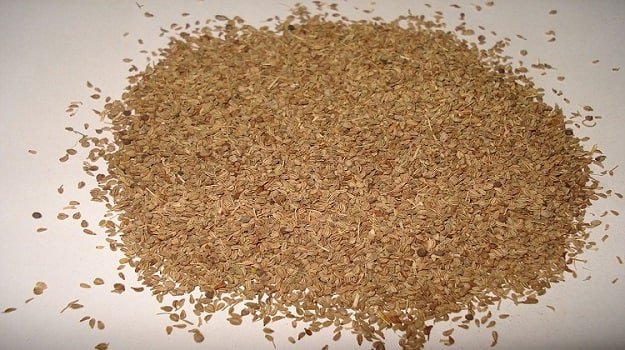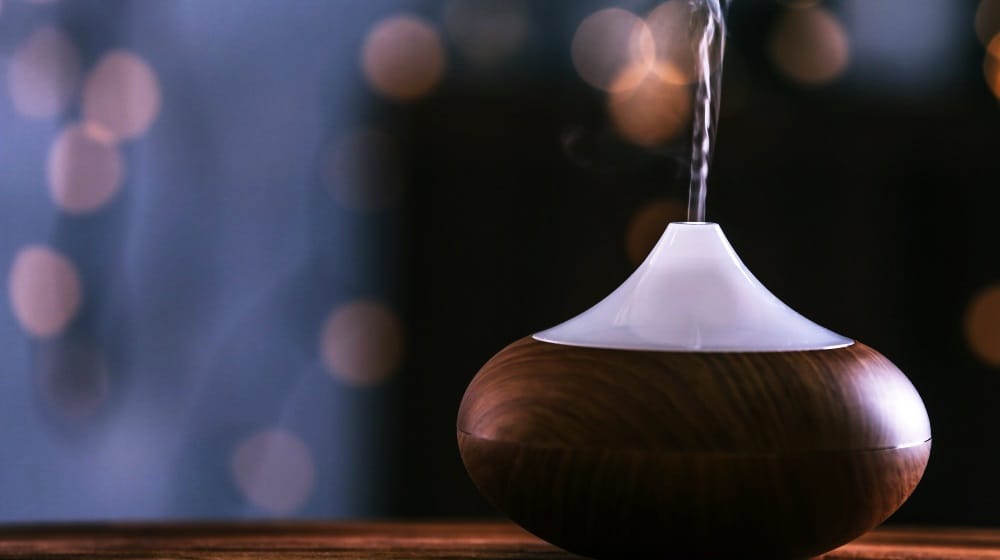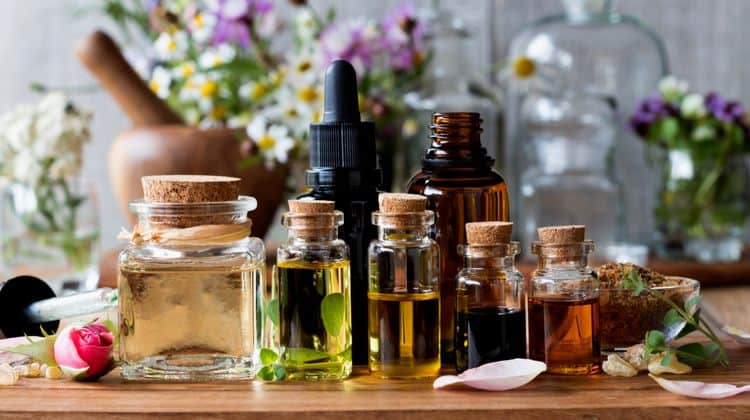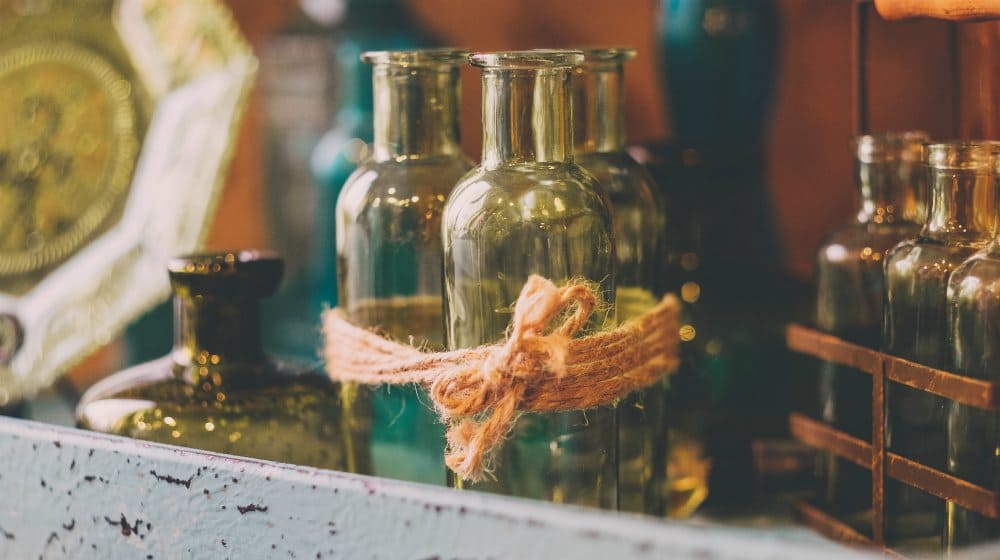Ajwain oil?may not be as common as peppermint or lavender, but in this article, we’re?going to discuss why it deserves a space on your shelf. Ajwain oil extraction is done by steam distillation of the crushed seeds sourced from Middle Eastern countries such as Afghanistan, Pakistan, Egypt, and Iran.?This oil?is?known for its purposes in the field of aromatherapy and Ayurvedic medicine, and you can enjoy its benefits right in your own home!
Ajwain Oil: 7?Health Benefits
Fun Facts about Ajwain Oil
Before anything else, let’s get to know this oil a little bit better. Here are some fun facts about Ajwain:
- Scientific names:?Trachyspermum Ammi,?Carum copticum, Trachyspermum copticum?
- Also known as carom, Ethiopian cumin, wild parsley, bishop’s weed, ajowan
- Scent?and color: light orange to reddish color, spicy scent (reminiscent of thyme or pepper)
Ajwain Oil Health Benefits

Walking in the streets of vibrant?India, you might?see people sprinkling a?pinch of crushed Ajwain seeds atop deep-fried foods,?into creamy buttermilk, or refreshing?lassi. If you ask them why, the answer would probably be somewhere along the lines of “to aid with digestion”, or “to prevent colic”.?Ajwain oil is claimed to have a whole host of health benefits, and it’s commonly used in Ayurvedic medicine. The following characteristics of Ajwain oil may help disinfect wounds, prevent infections, and promote cell regeneration.
1. Antiseptic Properties

Thymol is?what gives Ajwain oil its aromatic, thyme-like scent. Thymol is an effective antiseptic, and Ajwain oil’s high thymol content?may help kill bacteria and germs on skin. It may help disinfect open wounds and cuts, and prevent the infection of skin conditions such as psoriasis, eczema, and rashes. Don’t forget to dilute Ajwain with a carrier oil before applying to the skin.
Try This Recipe:?Use coconut oil as a carrier for Ajwain oil. Coconut oil is believed to have antimicrobial properties that may work hand-in-hand with Ajwain oil in preventing infection.
2.?Antioxidant Properties
The natural oxidation of molecules such as proteins, lipids, nucleic acids, and carbohydrates leads to the production of harmful free radicals. These free radicals cause damage to cells?and induce the onset of disease. Antioxidants act as scavengers of free radicals, helping protect the health of cells.?Ajwain oil has been studied for its antioxidant properties, which may promote overall health and prevent diseases.
Try This Recipe:?You may diffuse Ajwain oil or apply it topically. In India, the seeds are also chewed raw, but the taste may be too strong. To improve the taste, you may?cook Ajwain?seeds prior to ingestion or blend it in?milk or honey.
3. Antirheumatic Properties

If you suffer from arthritis, Ajwain oil might be a good addition to your essential oil collection. It is believed to have anesthetic properties that may?help with the pain?and analgesic properties that may help ease the swelling.
Thymol, the essential oil obtained from ajwain has local anesthetic and anti-bacterial and antifungal properties
? Arcon Associates (@ArconPak) June 25, 2012
Try This Recipe: Try mixing Ajwain oil with other essential oils for arthritis. Dilute the mixture with a carrier oil and massage it directly to swollen joints. You may also stir in a few drops of Ajwain oil in a hot bath.
4. Antifungal Properties
#Ajwain possess #antibacterial & #antifungal properties which help in relieving congestion caused by formation of phlegm. pic.twitter.com/4wR0NW9kqI
? Kokilaben Hospital (@KDAHMumbai) November 23, 2016
The thymol in Ajwain oil also contributes to its believed antifungal properties. Fungal skin conditions such as athlete’s foot, jock itch, or nail fungus may be eradicated by applying Ajwain oil to the affected area.
Try This Recipe:?Blend a few drops of Ajwain oil with a few tablespoons of coconut oil. Lavender, also known for its antifungal properties, may balance the strong spicy scent of Ajwain oil.
5. Carminative and Diuretic Properties
Ajwain is known as a wonderful digestive aid in Ayurvedic medicine. It relieves flatulence,?hyperacidity, indigestion, and constipation. Ajwain may also promote the production of urine, which frees up the vessels and helps?lower blood pressure.
Try This Recipe:?Oma water is an Ayurvedic relief for indigestion and gas in pregnant women and children. To create y0ur very own Oma water, you can boil 2 teaspoons of roasted Ajwain seeds in water, strain the mixture, and add honey for taste. You can also diffuse Ajwain oil, or apply it topically on the feet or stomach area.
6.?Antihyperglycemic/ Hypoglycemic

Good news for diabetics! Ajwain oil may also help reduce the amount of glucose in the bloodstream. In a study conducted in Islamabad, Pakistan, Ajwain seeds have resulted in a “significant decrease” in glucose, and increase in insulin level concentrations in rats.
Try This Recipe: Dilute Ajwain oil with a carrier oil and apply it to the soles of the feet. You may also benefit from incorporating Ajwain seeds in your cooking.
7. Bronchodilatory Properties

Ajwain is known to have bronchodilatory properties, which may help alleviate the symptoms of a cough and asthma. This essential oil may free up the airways, and allow asthma sufferers to breathe easier.
Try This Recipe:?You may put a few drops of Ajwain oil in your diffuser and inhale the oil.
Learn more about Ajwain in this video by Your Health Remedy below:
Though Ajwain essential oil is not that common, it’s a handy one to have on your shelf. Always remember to follow the dilution rules before using essential oils topically, and exercise caution if you decide to ingest it.
Do you use Ajwain essential oil? What do you use it for? Please share your experiences in the comments section below.
Up Next: Essential Oil vs Extract: What?s the Difference?
We may earn a commission for purchases made using our links. Please see our disclosure to learn more. We appreciate your support SO very much.










